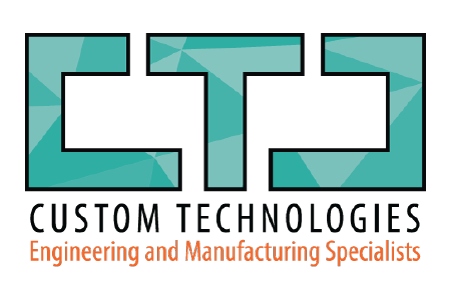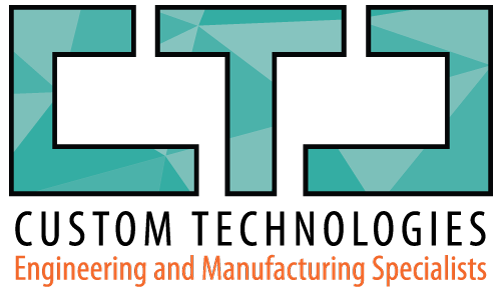Introduction: Precision and Quality Assurance – The Cornerstones of Efficient Assembly Lines
In the world of manufacturing, the assembly line is the heartbeat of production. The introduction of precision and quality assurance into these lines is not just an improvement but a fundamental shift towards excellence. “The Importance of Precision and Quality Assurance in Assembly Lines” explores how meticulous attention to detail and stringent quality controls are pivotal in ensuring the reliability, safety, and satisfaction that customers expect from products today.
Ensuring Product Integrity through Rigorous Quality Control
Quality control is a critical phase in any assembly line, serving as the final checkpoint to ensure that every product meets the established standards of quality and performance. This stage of the manufacturing process involves both human expertise and advanced technology, working in tandem to detect any defects or deviations from the desired specifications.
Automated Inspection Systems
Modern assembly lines often incorporate automated inspection systems equipped with sensors, cameras, and other precision instruments. These systems are capable of conducting detailed inspections at high speeds, identifying even the minutest flaws that might be invisible to the human eye. For example, vision systems can check for proper alignment, color consistency, and surface defects, ensuring that each product adheres to strict quality standards.
Human Expertise
Despite the advancements in technology, the role of skilled workers in quality control remains indispensable. Human inspectors provide a level of judgment and flexibility that machines cannot replicate, especially for complex or nuanced quality assessments. Workers can spot issues that automated systems might overlook, such as subtle variations in texture or material integrity, and make informed decisions about the acceptability of a product.
Integration for Excellence
The integration of human skills with automated technology creates a robust quality control environment, where precision and efficiency are maximized. This synergy allows for a comprehensive inspection process, ensuring that every product leaving the assembly line is of the highest quality.
The emphasis on precision and quality assurance in assembly lines underscores a commitment to excellence, reflecting a manufacturer’s dedication to delivering superior products. By maintaining rigorous quality control standards, manufacturers can build a reputation for reliability and trustworthiness, fostering long-term customer satisfaction and loyalty.
The Ripple Effect: Precision, Quality Assurance, and Customer Satisfaction
The meticulous integration of precision and quality assurance in assembly lines culminates in the ultimate goal of every manufacturing endeavor: customer satisfaction. The journey from raw materials to finished products is underscored by a commitment to maintaining the highest standards at every stage, ensuring that customers receive products that not only meet but exceed their expectations.
Building Trust with Quality
When customers experience the reliability and durability of well-crafted products, it fosters a sense of trust and confidence in the brand. This trust is the foundation of customer loyalty, crucial for the long-term success of any business. High-quality products create positive experiences, leading to repeat purchases and word-of-mouth recommendations, expanding the customer base and enhancing brand reputation.
Reducing Returns and Complaints
Precision in manufacturing and rigorous quality checks significantly reduce the likelihood of defects, minimizing the rate of returns and customer complaints. This not only saves costs associated with handling returns and repairs but also protects the brand’s image from the negative impact of customer dissatisfaction.
Driving Innovation and Improvement
Feedback from satisfied customers can also serve as a valuable source of insight for continuous improvement and innovation. Understanding what customers value in products helps manufacturers refine their processes and products, staying ahead in a competitive market.
In conclusion, the importance of precision and quality assurance in assembly lines extends far beyond the manufacturing floor. It influences the overall customer experience, shaping perceptions and driving the market success of products. By prioritizing these aspects, manufacturers not only ensure operational efficiency but also build lasting relationships with their customers, marked by trust, satisfaction, and loyalty.

